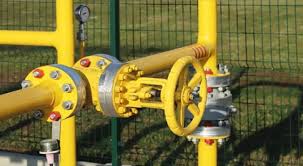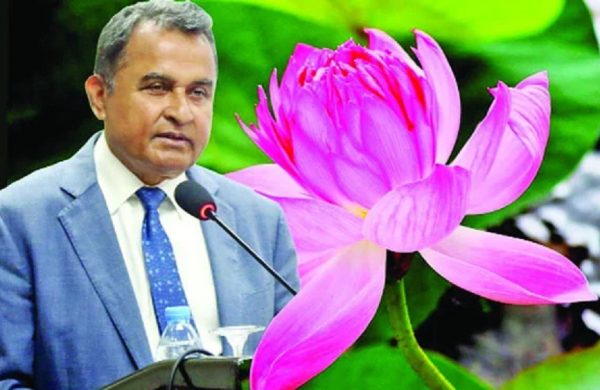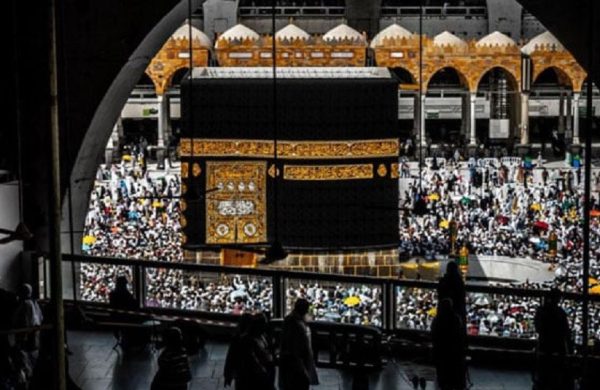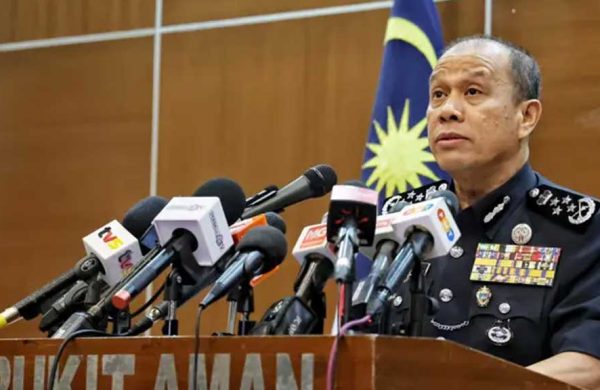Gas price hike proposal: Business owners in panic
- Update Time : Thursday, January 9, 2025

TDS Desk:
The country’s industrial sector appears to be far from recovering. Entrepreneurs are facing increasingly challenging conditions with every passing day. Prolonged dollar shortages, high-interest rates, and worker unrest, among other factors, have left business owners struggling to survive. Compared to any previous period, industrialists are now experiencing unprecedented hardship.
At a time when businesses are desperately trying to stay afloat, a proposed increase in industrial gas prices by up to 152%—or 2.5 times the current rate—has emerged as a serious blow. For years, industrialists have complained about paying inflated rates for inconsistent gas supply. Now, the new price hike proposal has sparked anxiety and panic among business owners, with many even considering shutting down operations.
Some entrepreneurs argue that trading businesses seem more favorable than the challenges of running manufacturing units. Experts point out that with such high energy costs, new industrial entrepreneurs may struggle to compete in export markets, making it a daunting challenge for newcomers.
Industrialists emphasize that the proposed gas price hike is significant, and it will further exacerbate inflationary pressures. Entrepreneurs may no longer consider new factory setups or seek gas connections. This could result in industrial stagnation, with new entrants unable to sustain themselves in a competitive market. Negative impacts on the industrial sector seem inevitable. If the gas price hike is implemented, policymakers would effectively signal a lack of interest in developing the manufacturing sector in Bangladesh.
Since August last year, political instability, market volatility, rising interest rates, complexities in opening letters of credit, dollar shortages, and worker unrest have forced numerous factories to shut down. The remaining factories are struggling to survive, while many industrialists have become burdened with debt.
Against this backdrop, the proposed 2.5-fold increase in gas prices for industries is seen as an “ominous sign” for the sector. Heavy industries, in particular, are expected to be the hardest hit, alongside small-scale industries that also rely heavily on gas. Significant investments in such industries could be jeopardized, forcing investors to shut down operations. Factory closures would lead to widespread job losses among workers and those dependent on the industrial sector. New investments and employment opportunities would dry up, discouraging even foreign investors. The ripple effects could hinder export-oriented industries, ultimately stalling industrial growth.
Entrepreneurs report that despite promises of uninterrupted gas supply, they have yet to see results. Many factories have already shut down due to supply issues. If gas prices increase further, gas-dependent factories will have no choice but to shut down. With bank loans now carrying interest rates of 14.5% to 16%, an additional hike in gas prices could push the industrial sector to the brink of collapse, rendering millions of workers jobless.
The government’s Energy Division has already approved the policy for increasing gas prices for industries. The proposal, currently under review by the Bangladesh Energy Regulatory Commission (BERC), suggests aligning new factory gas prices with the import cost of liquefied natural gas (LNG). This would mean new factories and expanded facilities would pay 2.5 times the current rate.
At present, industrial factories pay Tk30 per cubic meter for gas, with captive power usage priced at Tk30.75. However, Petrobangla’s latest proposal sent to BERC suggests raising the price to Tk75.72 per cubic meter. Existing industries might receive partial concessions, but new connections would be charged at the full rate.
Mohammad Hatem, President of the Bangladesh Knitwear Manufacturers and Exporters Association (BKMEA), stated, “We don’t believe anyone will industrialize or use gas at a rate of Tk70-75 per cubic meter. Previous increases from 12 BDT to 30 BDT, and captive power rates rising to Tk31.5, were already abnormally high.”
Anwar-ul-Alam Chowdhury, President of the Bangladesh Chamber of Industries (BCI), said, “Low gas prices were the foundation of Bangladesh’s manufacturing sector. Comparatively, 30-40% of our investments go into infrastructure. With no gas supply and higher costs than international markets, existing factories are barely surviving. Now, with this price hike proposal, new connections will cost Tk75, and existing ones will increase by 50%. This indicates the advice to raise gas prices aims to deter industrial progress.”
Moinul Islam, Vice Chairman of Monno Ceramics Industries and President of the Bangladesh Ceramic Manufacturers and Exporters Association (BCMEA), highlighted that gas is a critical input in the ceramics sector. He expressed concern, stating that further price hikes would render the industry unsustainable.
Energy expert Prof. M. Tamim warned that rising gas prices would discourage new gas-based industries and make it impossible for new entrepreneurs to compete. Higher costs will deepen market disparities, affecting both new and existing industries. Export viability under such conditions is uncertain, posing a major challenge for aspiring entrepreneurs.
In conclusion, while a technical review and public hearings are pending, the proposed gas price hike could significantly hinder the growth of Bangladesh’s industrial sector, affecting both large and small industries, increasing production costs, inflating prices, and jeopardizing livelihoods across the sector.
















